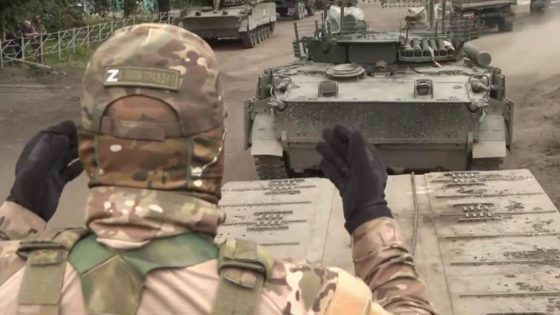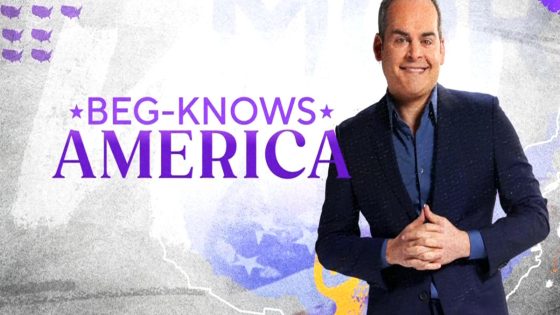President Vladimir Putin says Ukraine’s biggest attack on Russian territory since the start of the war is aimed at improving the Ukrainian negotiating position ahead of possible peace talks and at slowing the advance of Russian forces.
Ukrainian forces rammed through the Russian border last Tuesday and swept across some western parts of Russia’s Kursk region, a surprise attack that laid bare the weakness of Russian border defences in the area.
Putin, in his most detailed public remarks on the incursion to date, said Ukraine was trying to improve its position ahead of possible talks.
He questioned what negotiations there could be with an enemy he accused of firing indiscriminately at Russian civilians and nuclear facilities.
“The main task, of course, is for the defence ministry to squeeze out, to knock out the enemy from our territories,” Putin said, adding that Russian forces were accelerating their advance along the rest of the 1000km main front.
“The enemy will certainly receive a worthy response,” he said.
He also said he expected further Ukrainian attempts to destabilise Russia’s western border.
In his nightly address on Monday, Ukrainian President Volodymyr Zelenskiy said the war was now coming back to Russia after it had taken fighting to other countries.
He said that Ukraine’s cross-border assault was a matter of security for Ukraine and that Ukrainian forces had captured areas from where Russia launched strikes.
His top commander, Oleksandr Syrskyi, said: “We continue to conduct an offensive operation in the Kursk region. Currently, we control about 1000 sq km of the territory of the Russian Federation.”
The acting governor of Kursk, Alexei Smirnov, said Ukraine controlled 28 settlements in the region, and the incursion was about 12km deep and 40km wide – an area that would amount to less than half of that cited by Syrskyi.
By comparison, Sergei Shoigu, the secretary of Russia’s security council, said last week that Russia had taken 420 sq km of territory from Ukrainian forces since June 14.
Russian officials say Ukraine is trying to show its foreign backers that it can still muster major military operations just as pressure mounts on both Ukraine and Russia to agree to talk about halting the war.
Russia invaded Ukraine in February 2022 in what it termed a special military operation and now controls 18 per cent of Ukrainian territory.
Until the surprise attack on Russia, Ukraine had been losing territory to Russian forces despite hundreds of billions of dollars in US and European support aimed at stopping and even reversing the Russian advance.
As the war approaches the two-and-a-half year mark, both Russia and Ukraine have an eye on the US presidential election in November.
Ukraine is concerned that US support could weaken if Republican Donald Trump wins.
Trump has said he would end the war, and both Russia and Ukraine are keen to gain the strongest possible bargaining position on the battlefield.
Reuters reported in February that Putin’s suggestion of a ceasefire in Ukraine to freeze the war was rejected by the United States.
In June, Putin suggested possible terms including demands that Ukraine drop its NATO ambitions and withdraw all of its troops from four provinces claimed by Russia.
Ukrainian Foreign Minister Dmytro Kuleba, after talks with China, said last month that Ukraine was prepared for talks on the conflict with Russia provided Ukraine’s sovereignty and territorial integrity were fully respected.
The governments of Italy and Switzerland on Monday voiced their support for a second peace summit on the war in Ukraine that Russia should also attend.
After talks in Locarno, Italian Foreign Minister Antonio Tajani and his Swiss counterpart Ignazio Cassis signed a joint declaration aimed at “creating the best possible conditions for a second peace summit involving all parties, including Russia, and all relevant global actors”.
Tajani and Cassis called on all parties to spare no effort to “create a common negotiating platform”.
This should be based on respect for international law and the principles of territorial integrity and sovereignty of states enshrined in the United Nations charter, they said.
Peace can only be achieved with the involvement of all stakeholders and dialogue with them, according to the ministers.
with DPA
Source Agencies



